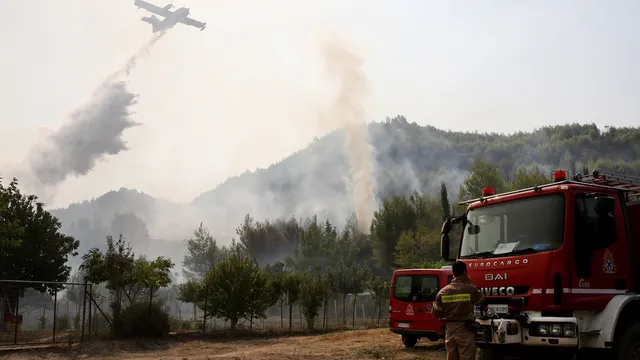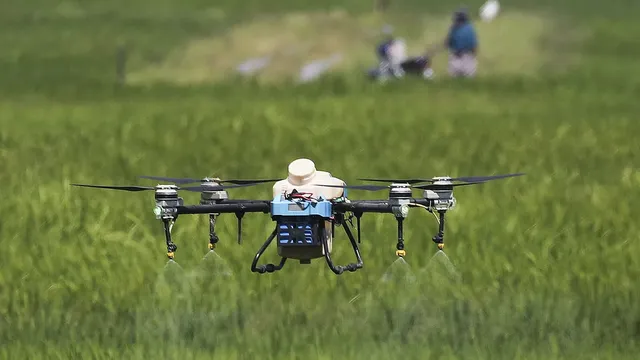The Cyprus Institute has developed an innovative pilot fire detection system based on satellite data and supercomputer computing power, which could be deployed very soon.
During testing, the system detected a source of smoke and recorded the spread of last month's fire in the mountainous part of Limassol with exceptional accuracy.
The institute said that although this is a pilot project, the State Forestry Service and the Fire Service have been informed of the data collected, which is already being used in a crisis management study.
The supercomputer detected the first source of smoke between 13:22 and 13:32, and the spread of the fire between 13:32 and 13:42 on July 23.
The system uses reliable data from a geostationary satellite. The images are sent every 10 minutes and analyzed by a state-of-the-art computer. The system can detect smoke within a radius of 1 square kilometer and fire outbreaks within a radius of 2 square kilometers.
The institute's team is working at full speed to make the system available to the authorities as soon as possible.
The aim of the system is to activate a red alert as soon as a source of smoke or fire is detected, allowing for the immediate mobilization of land and air forces.
The institute specified that the system cannot monitor firefighting operations, but can act as an early warning signal.
The director of the Cyprus Institute, Stavros Malas, said that the system could radically change Cyprus' approach to preventing and fighting forest fires.
"The Cyprus Institute, thanks to its experience and infrastructure, offers a prevention and rapid response tool that is unprecedented in our region," Malas said.
He also emphasized the importance of simple but effective preventive measures, such as controlled grazing of cows and goats, which can help eliminate low-growing dry vegetation.
Malas also stressed that it is important to have ground teams stationed in high-risk areas so that an immediate response is possible when a fire is detected. | BGNES

 Breaking news
Breaking news
 Europe
Europe
 Bulgaria
Bulgaria







